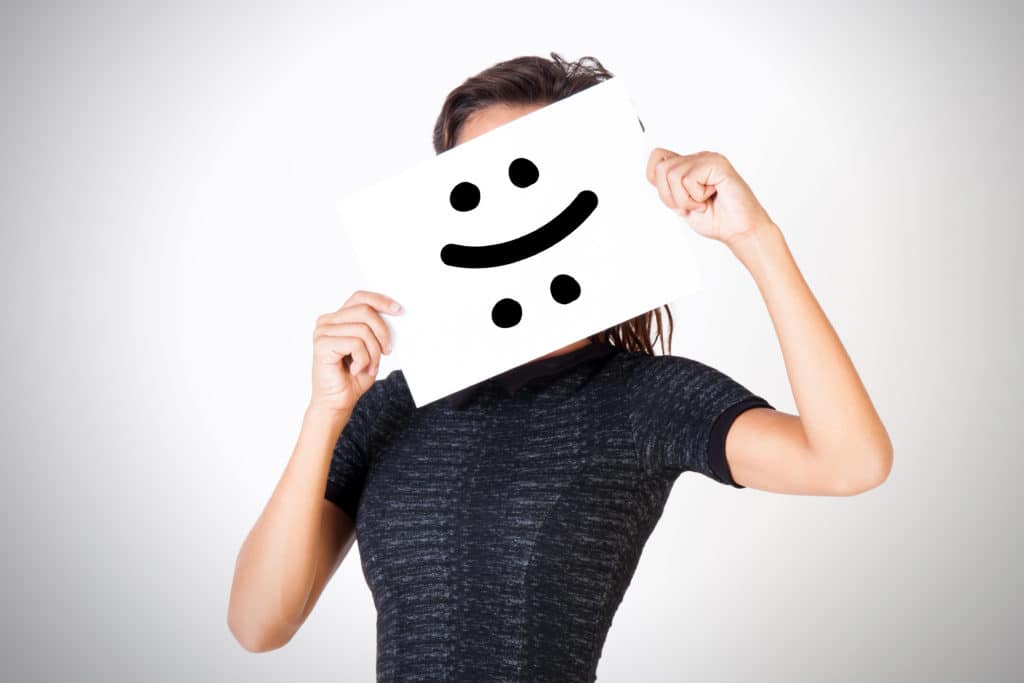If you or someone you love is struggling with extreme mood swings, it might be time to learn the symptoms of bipolar 1 and 2. If you have a family history of bipolar disorder, it’s essential to understand the difference between Bipolar 1 and Bipolar 2 and what options you have for treatment for Bipolar Disorder.
Water Gap Wellness Center is a mental health retreat in Pennsylvania. Contact us today to learn how we can help you overcome Bipolar disorder.
What is Bipolar Disorder?
Bipolar disorder is a mental health disorder that affects nearly 3% of US adults annually. All forms of bipolar disorder are characterized by extreme mood swings. The high mood swings are called manic episodes, while below mood swings are called depressive episodes.
Manic symptoms
A manic episode can have mania so intense that it can make it impossible to go about your daily activities. You might make irrational decisions, engage in high-risk behaviors, and say or do things that are outside your normal personality. Other symptoms include:
- Restlessness
- Poor sleep
- Euphoria
- Difficulty concentrating
- Exceptional energy levels
Depressive symptoms
A depressive episode can look very similar to clinical depression, with extended periods of hopelessness and a complete lack of enjoyment in activities or people. Other symptoms include:
- Hopelessness
- Problems sleeping
- Difficulty concentrating
- Irritability
- Changes in diet
- And suicidal thoughts
The difference between Bipolar 1 and Bipolar 2 has to do with the severity of the symptoms, though otherwise, the symptoms are relatively similar.
What is Bipolar 1?
Bipolar 1 requires at least one manic episode for a diagnosis, but it doesn’t necessarily require a major depressive episode. The symptoms of Bipolar 1 include very severe manic episodes. These episodes can be so severe that they require hospitalization.
What is Bipolar 2?
The symptoms of Bipolar 1 and 2 are quite similar. The key difference is that Bipolar 2 has the same depressive episodes as bipolar one, but the manic episodes are slightly less intense and severe. Another key difference between Bipolar 1 and Bipolar 2 is that Bipolar 2 involves at least one major depressive episode that lasts a minimum of two weeks and one hypomanic episode for a diagnosis. The symptoms are generally not severe enough during either require hospitalization.
Note: It’s quite common for people with bipolar 2 disorder to be misdiagnosed as major depressive disorder because the severity of the depressive episodes might be intense enough that an individual talks to their doctor or other health care provider about help and treatment. So medical staff might be unaware of the manic episodes and only diagnose based on symptoms of depression.
What is the Difference Between Bipolar 1 and Bipolar 2?
The difference between Bipolar 1 and bipolar two is the types of episodes and intensity of episodes.
- Bipolar 1 does not require depressive episodes for a diagnosis, but it does require manic episodes.
- Bipolar 2 requires major depressive episodes and hypomanic episodes for a diagnosis.
- Bipolar 1 has more intense manic episodes that may require hospitalization.
- Bipolar 1 manic and depressive episodes can last longer than those associated with Bipolar 2.
Are There Different Treatments For Bipolar 1 and Bipolar 2
Medication
Medications like mood stabilizers can help prevent episodes of depression or mania if you use them long-term.
Other medications can help treat the symptoms of the episodes when they happen.
Figuring out which medications work best for both situations can help you ensure your episodes don’t interfere with your daily activities.
Psychotherapy
Psychotherapy is a form of talk therapy, and it helps you deal with symptoms of depression and learn how to improve communication, relationships, coping skills, and trigger management.
Other therapy, like holistic treatment, can go a long way toward improving your diet, helping you maintain a regular sleep pattern, and providing healthy exercise options or meditation and mindfulness programs. All of these things can go a long way toward coping with triggers, identifying the signs of an impending episode, and strategically dealing with the symptoms, especially of depressive episodes.
Bipolar disorder is not something that can be cured which is why proper treatment for Bipolar 1 and 2 is so important. The right treatment can help you identify triggers, manage episodes when they happen, and learn to safely and comfortably live with the disorder.
Water Gap Wellness Center can help you find the proper treatment and integrate coping skills, reduce the triggers in your environment that might exacerbate your condition, and find the right balance between medication and therapy. Our mental health IOP can help you overcome symptoms of Bipolar disorder.
Let Water Gap Wellness Center can help you start treatment for Bipolar 1 and 2 today.




